You must have heard about the man on a business trip who sent a message to the wife back home describing the fun he was having – and concluding: “Darling, I wish you were her.” He meant to say: “I wish you were here.”
Adams Oshiomhole, governor of Edo state, committed a similar slip on Friday when he issued a statement paying tribute to the departed Oba of Benin, Omo N’Oba Erediauwa.
“Edo people will miss our ICONOCLASTIC royal father of the great Benin Kingdom. Nigerians and Nigeria will miss this great exemplar of a Royal Father, an Oba of distinction and integrity,” he wrote.
Iyemwen! Iconoclastic? What’s that?
Advertisement
According to the Merriam-Webster dictionary, iconoclastic means “a person who criticizes or opposes beliefs and practices that are widely accepted”.
Osaikue ye emwindan! God forbid!
You can accuse the Oba of Benin of anything – you can even say that he passed on a year before it was allowed to be officially reported – but you can never accuse him of being “iconoclastic”.
Advertisement
The Oba was the embodiment of cultural beliefs and practices. In fact, the Bini Kingdom is one of the few in Africa where the advent of Christianity and Islam has not obliterated long-held beliefs, traditions and practices.
So what did Oshiomhole mean to say? According to Peter Okhiria, his chief press secretary, the governor wanted to say “iconic”.
Let’s consult the Merriam-Webster dictionary again. Icon means “widely known and acknowledged especially for distinctive excellence”.
Osaruese! Thank God! That is more like it.
Advertisement
Okhiria wrote: “Our attention has been drawn to the use of a word ‘iconoclastic’ instead of ‘iconic’ in a tribute by Governor Adams Oshiomhole to the Oba of Benin. It was a typographical error.
“We ask mischief makers to desist from trivializing the issue at this period of mourning of our great monarch who has joined his ancestors.”
1 comments
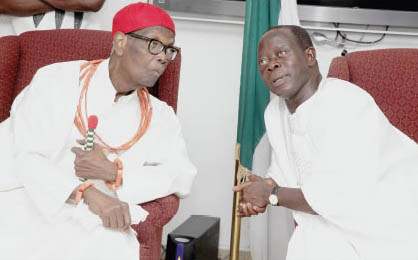
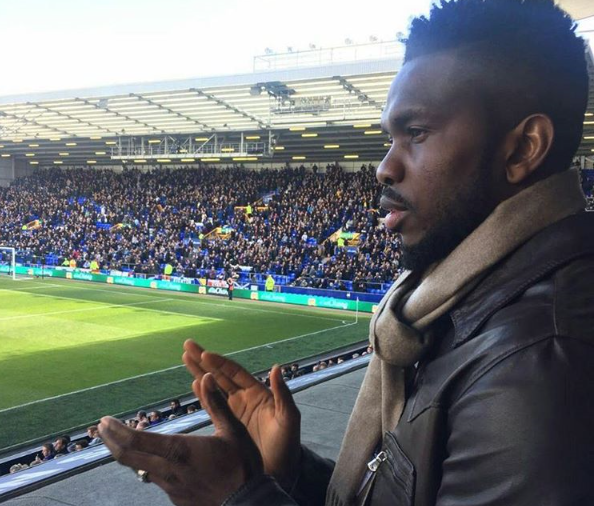
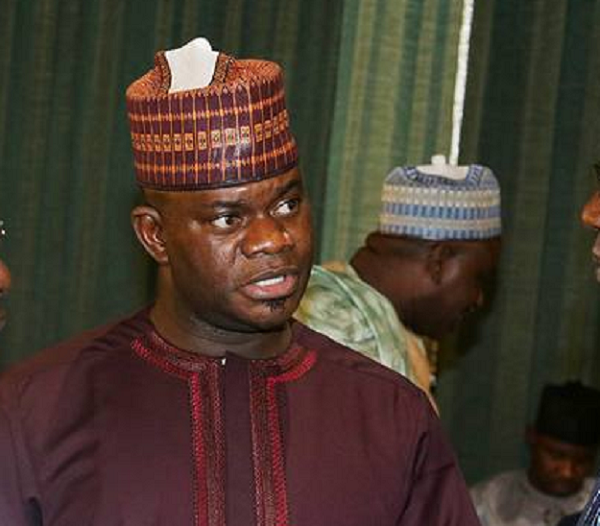
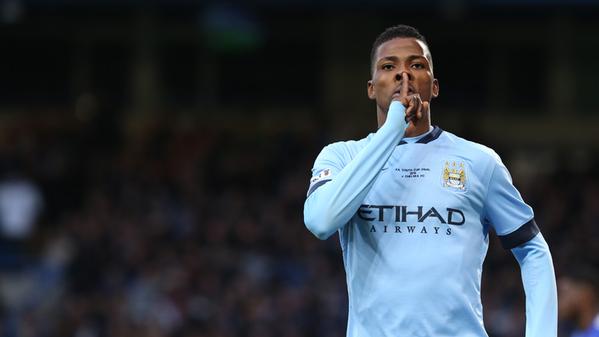
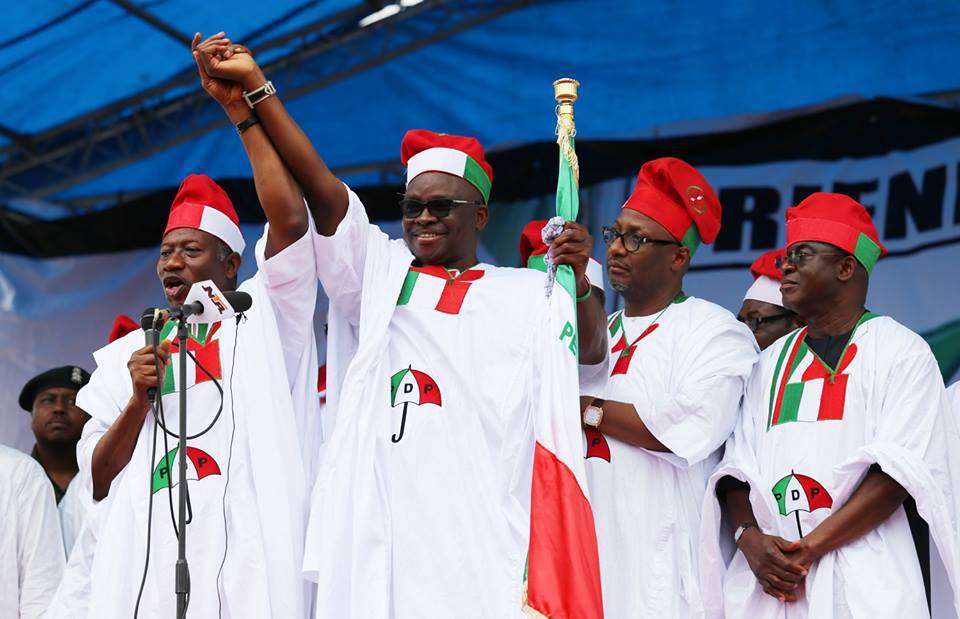
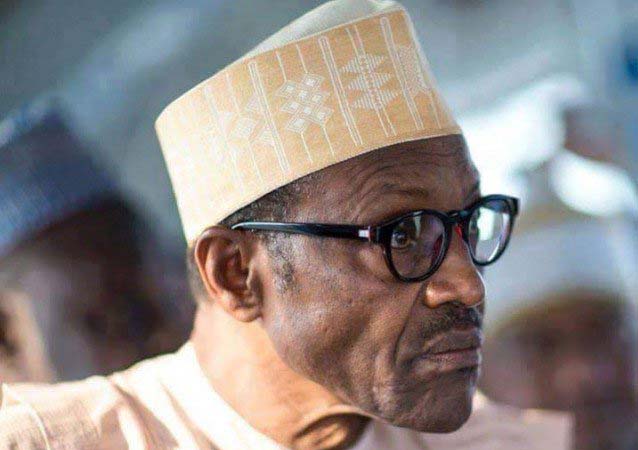

Well we should mind d way we use vocabulary English. If you are not sure consult d dictionary, simple!